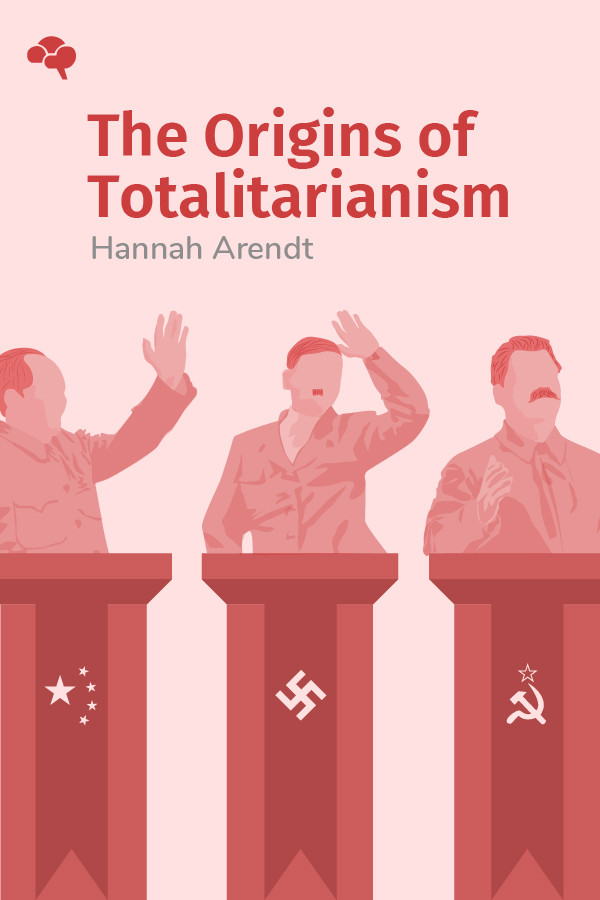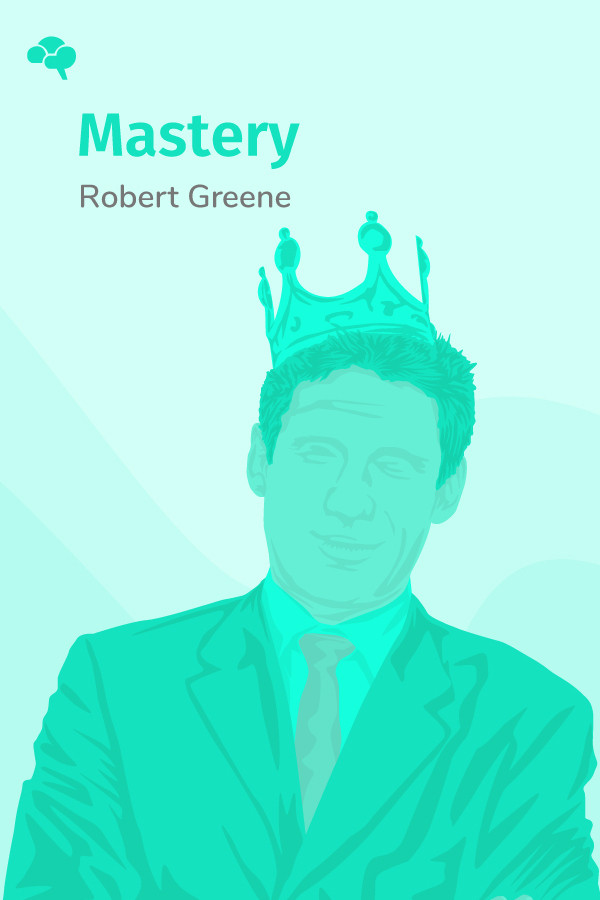

What You'll Learn:
As a political philosopher and German Jew during the rise of Nazism, Hannah Arendt had a lot to say about totalitarianism and the elements that give rise to such movements.
Key Insights:
- Totalitarian movements transform classes into masses.
- A movement doesn’t depend on any one particular leader but on a frenzy of continuing momentum.
- Totalitarian governments are far more likely to arise in nations with large populations.
- A strange bond between society’s mob elements and elites temporarily forms and fuels totalitarian movements.
- The goal of propaganda is not persuasion but organization.
- Unlike religious fanatics, the surrendered Nazis did not die like martyrs.




